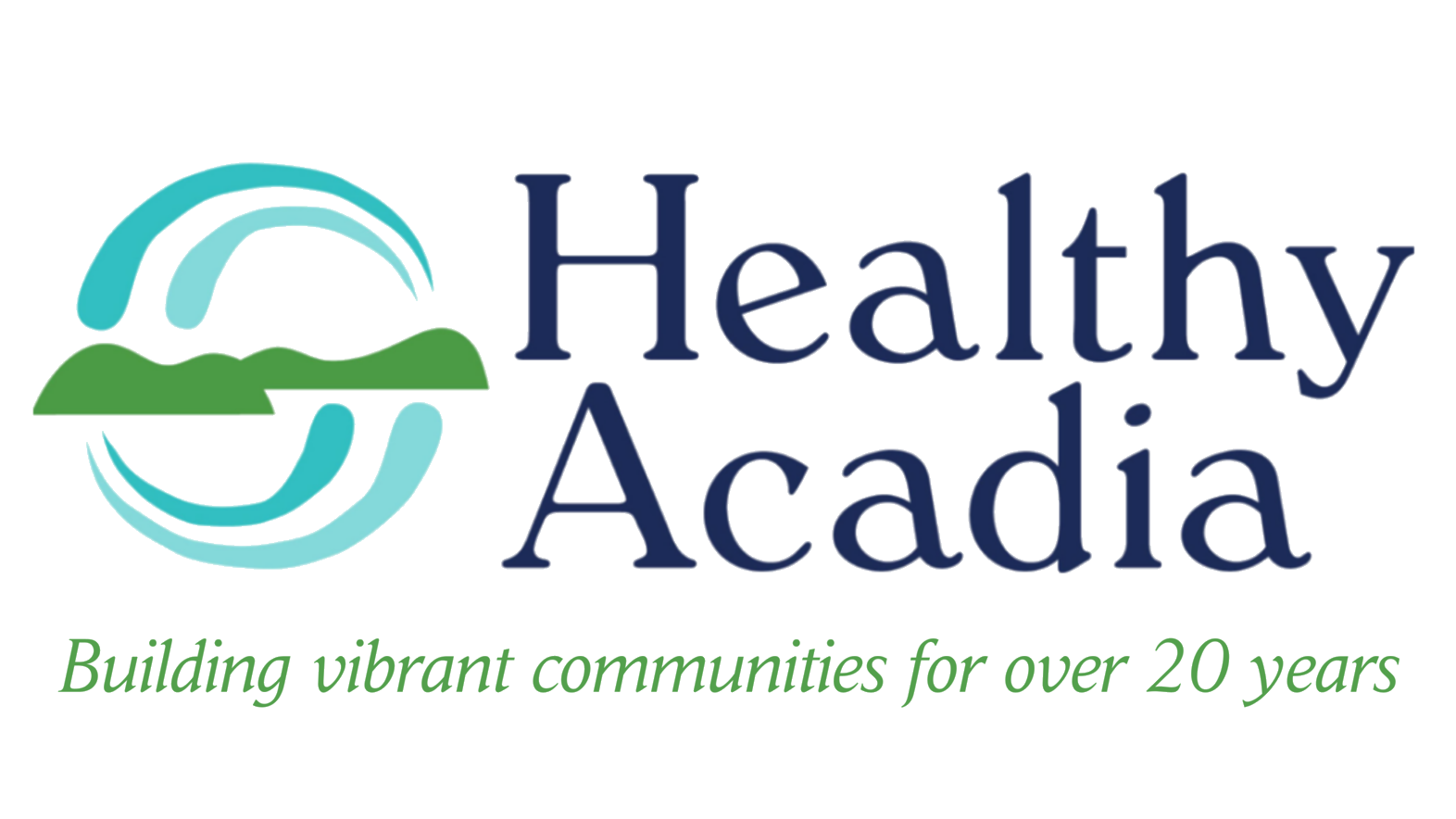Everyone depends on someone who depends on childcare
Guest post by Mary Ellin Logue and Sandy Phoenix, Healthy Peninsula, as part of their, “How Are the Children?” blog series
“In May 2020, day-care workers earned a median wage of less than $12 an hour. Annual turnover in some child-care jobs can be as high as 30 percent, according to the Health and Human Services Administration for Children and Families.”
Twelve dollars an hour for teachers and caregivers who keep our youngest children safe, fed, clean, engaged, and comforted while their parents work—front-line jobs, professional careers, retailers, service providers. Twelve dollars an hour, usually without benefits for caregivers who do far more than keep children safe and fed. These are educators who, like teachers of older children, need to understand child development, learning and teaching a diverse range of abilities and ages. Twelve dollars an hour and expected to work year-round and to document training hours in order to keep up licenses. Twelve dollars an hour and trying to pay the rent, put food on the table, pay for one’s own childcare, and in many cases, pay for health insurance.
Given the demands of the job, it is surprising that anyone goes into or stays in childcare as a profession? Yet, many do because they love working with children, because they know that early experiences shape later development, because they are committed to elevating early education to the same professional standing of all teaching, and because they live in the community and want to serve it.
How does the lack of childcare affect families in our area? In Maine? Two weeks before school starts, a local childcare center owner had sixty-eight, yes, 68 children, from infants to preschoolers, on her waiting list. Some parents will be paying to keep their children in her small family-like centers rather than sending them to the free public preschool because of fear of their children’s possible exposure to COVID. But many of these parents just can’t find all-day care for their infant or toddler in the area. Centers depend on parent tuition to fund their programs. Centers can’t find caregivers who can work for low salaries, and parents can’t find care. How are these families coping?
A young professional mother gave up her job, and her family’s health benefits, because she struggled for years to find after-school and summer care for her young children. Although her employer gave her some flexibility with her work hours, she could find neither programs nor individual caregivers that were either available or that she could afford. Fortunately, the decrease in the family’s income allowed her to apply for affordable medical insurance. And although she loves the extra time she now has with her children, she hopes to find work that will accommodate her family’s childcare needs.
And a story about a childcare owner and her best teacher from This American Life radio program. “Miss Jordyn's Child Development Center in northern Maine has lost 23 teachers since the pandemic began.” Twenty-three. One of her teachers, a UMaine graduate in early childhood education, was one of the 23. She unhappily left because she could not afford to live on the $15 an hour she earned as a full-time, professional teacher. She was offered $20 an hour and medical benefits at a local hardware store and took the job out of financial necessity. How many other early childhood teachers and caregivers have left the profession for the same reason?
For the full story about Miss Jordyn's Child Development Center, go to https://www.thisamericanlife.org/744/essential/act-three-4 and click on the arrow to listen to the story or click on ‘transcript and scroll down to Act 3 Teacher Number 4. Unfortunately, this story is not unique.
Everyone depends on someone who depends on childcare! You may not personally know any young families, but I bet you interact with people who depend on childcare for their livelihood every day. When the local businesses you use have moved to reduced hours or days in operation because of challenges finding employees, it is likely that the unavailability of childcare is a reason. Some people complain bitterly that “people just don’t want to work”. We disagree. We know many parents with young children DO want to work but need safe and reliable childcare to enable their careers to resume. Childcare is an economic issue. If parents can’t work, families won’t thrive and our economy can’t grow. Simple as that.
How can we help? • Write your state legislator to support the several legislative bills to support families and childcare providers, including LD 1652, an effort to improve the professional standing and income of early childhood educators in our state. • Meet with your fellow community members to generate new ideas for how to fill in this vital need in your own community and keep our families thriving. Childcare is not only an issue for families with young children or early educators trying to make a living, it is an issue for every one of us.
Sandra Phoenix APRN-C, MPH is a family nurse practitioner and Healthy Peninsula Board member. Mary Ellin Logue, EdD is Professor Emerita, Early Childhood Education, University of Maine. The How Are the Children? campaign is funded through a grant from the Maine Community Foundation to Healthy Peninsula, in partnership with School Unions 76 and 93, early child educators, health providers, and community organizations and services. Your Health Matters is a health column by Healthy Peninsula and the Northern Light Blue Hill Hospital.
